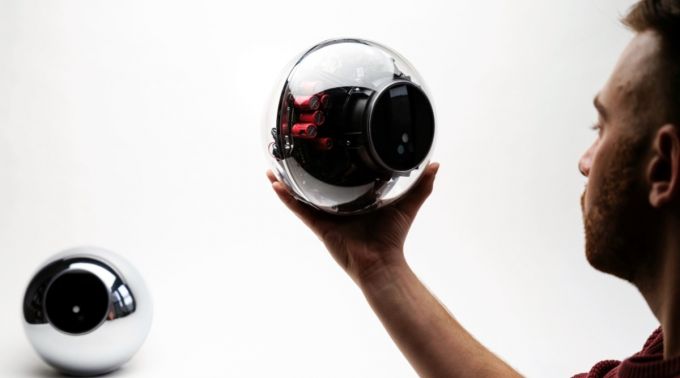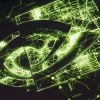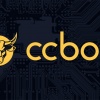
Sam Altman's Eyeball-Scanning Crypto Project Worldcoin Launches Global Digital Identity PlatformSam Altman's Eyeball-Scanning Crypto Project Worldcoin Launches Global Digital Identity Platform On Monday, June 24, Worldcoin, a cryptocurrency and digital ID project led by OpenAI chief Sam Altman, launched to create a "privacy-preserving" global identity system after years of development. The goal is to build a reliable solution for distinguishing humans from AI online, facilitating global democratic processes, and significantly increasing economic opportunities.To participate in the pro...
On Monday, June 24, Worldcoin, a cryptocurrency and digital ID project led by OpenAI chief Sam Altman, launched to create a "privacy-preserving" global identity system after years of development.
The goal is to build a reliable solution for distinguishing humans from AI online, facilitating global democratic processes, and significantly increasing economic opportunities.
To participate in the project, customers must use the "Orb," a biometric verification device, to scan their retinas and receive a unique "World ID" in return. This scan proves their "humanness," which is becoming increasingly valuable in a world influenced by artificial intelligence.
"Worldcoin consists of a privacy-preserving digital identity (World ID) and, where laws allow, a digital currency (WLD) received simply for being human," stated the cofounders. "We hope that, where the rules are less clear, such as in the US, steps will be taken so more people can benefit from both."
Founded in 2020, Worldcoin has received significant funding, totalling about $250 million, with prominent backers like Andreessen Horowitz, Khosla Ventures, and Reid Hoffman.
The identity technology and the Worldcoin token are now being rolled out internationally.
Users can download the World App, the startup's protocol-compatible wallet software, and visit an Orb to obtain their World ID.
Critics have raised concerns about using biometric data for identity verification, particularly the privacy risks associated with collecting and storing such data. Some see the project's incentivization of early users as an unusual bribe.
Additionally, given that blockchain technology typically aims to maintain anonymity, others question the premise of using Worldcoin to identify individuals in such a personal and precise manner.
An Unknown World: Exploring Worldcoin's Ambitious Project and Token Launch
Worldcoin, led by Sam Altman and Alex Blania, is making waves as the latest major project in the world of decentralized technology.
Backed by the success of OpenAI's ChatGPT, the venture has attracted attention and ignited a race to develop advanced AI technologies.
At the core of Worldcoin's mission is its "proof of personhood" system, designed to address concerns about employment and online identity threats.
Developed by Tools for Humanity, the software development kit (SDK) enables other apps to utilize individuals' World ID, earned through verification by an orb, as secure login credentials.
As Worldcoin's token is launched, the project enters an exciting new phase.
With around 150 orbs currently operational and 2 million people signed up, the aim is to have 1,500 orbs active by year-end, expanding into new markets and attracting more sign-ups through the token launch.
Blania envisions the token will create a "different world" with defined value and unforeseen changes.
Interestingly, the Worldcoin token will not be directly listed on exchanges but rather airdropped to users, gradually gaining real-world value in fiat-driven markets.
The total token supply is capped at 10 billion "WLD" tokens for the first 15 years, with a maximum circulating supply of 143 million at launch. According to Coingecko, WLD debuted at a price of $1.70 per token and it has surged on crypto exchanges, adding more than 20%.
As the Worldcoin project unfolds, it promises to venture into uncharted territory, reshaping the landscape of decentralized technologies.
If successful, Worldcoin could bring about significant economic opportunities, offer a reliable solution for distinguishing humans from AI online while maintaining privacy, enable global democratic processes, and potentially pave the way for AI-funded UBI, as stated in the project's statement.




